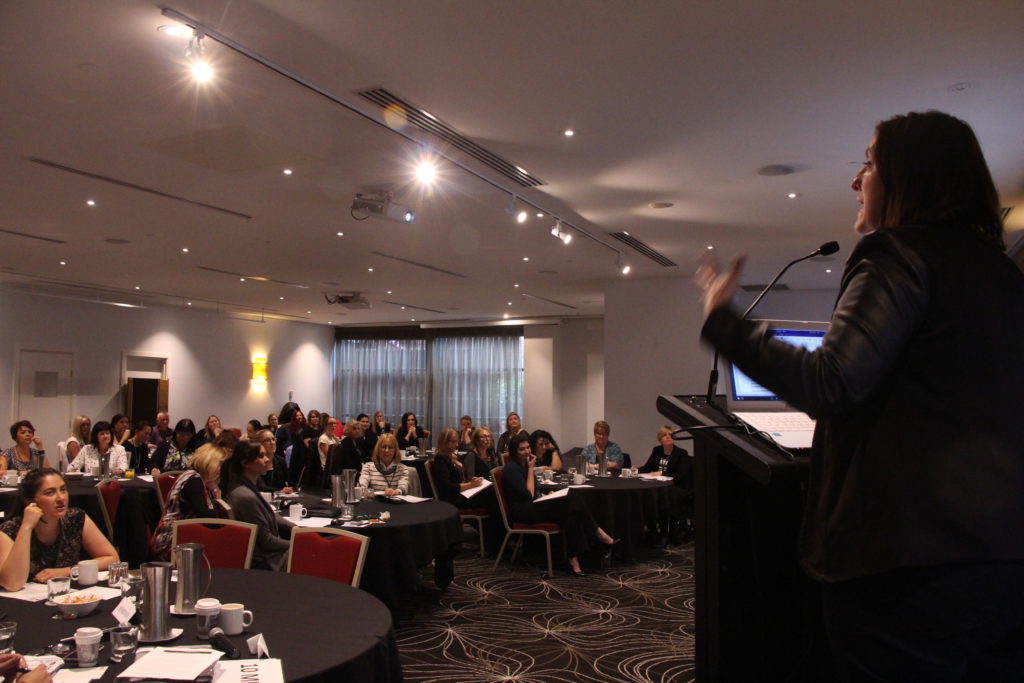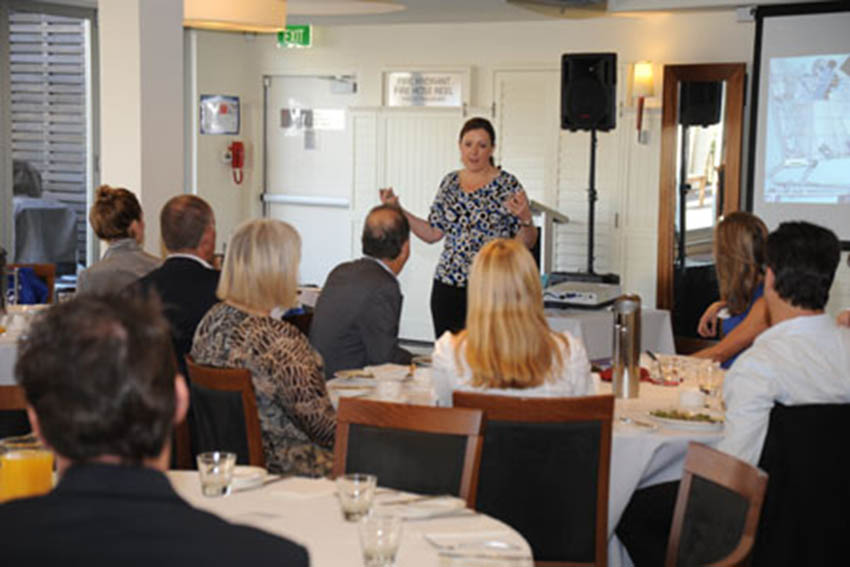The Gift of Attention
Motivational Speaker and author Jim Rohn is quoted with saying “Give whatever you are doing and whoever you are with the gift of your attention.” In a world where a majority of people are constantly shifting from one task to another, where two minute noodles take is too long to cook, the art of presence and attention is often lost in amongst the “ticking” off of to-do items. Whilst multi-tasking may make you feel like you are getting more done without the gift of attention you may miss the one thing that could have made a difference. A difference to …
Asset vs Liability
Awhile ago, recruitment company Hays said it can cost up to 2 1/2 times an employee’s salary to replace them when they leave an organisation. Now sometimes you can stop people from leaving because maybe there was something missing that they were looking for in the organisation and that’s the only reason that they’re leaving. However, in a lot of instances, organisations tend to look at their staff as a liability rather than an asset. Realistically human capital is the most expensive thing in a business today. Sure you can have equipment, but equipment you can “rely” on in general …
The Main Thing
One of my favourite quotes comes from Stephen Covey, author of classic productivity book, The 7 Habits of Highly Effective People. It is to remind ourselves to keep the main thing the main thing. Which simply means when you are overwhelmed with things, noise, tasks, projects, and stuff to be done, take some time to work out the main thing you need to focus on right now. If your inbox is full of emails, your desk covered in papers and your voicemail bursting with messages, give yourself some time out and think what is the main thing you need to …
How to Communicate More Productively
Stephen Covey, author of The 7 Habits of Highly Effective People is credited with saying “The deepest desire of the human spirit is to be acknowledged.” I’m a big believer in communication without technology. That might sound strange coming from someone whose expertise lies in productivity with technology, but the “angle” I take is that just because we have technology doesn’t mean we should use it all the time. When it comes to communication and technology, here are some ideas to help increase your communication with others without relying on technology. Stop Using Emails to Communicate Everything I’ve never heard …
How do you plan to measure your productivity this week?
How do you plan to measure your productivity this week? Workplace expectations haven’t changed much in the last twenty plus years. When I started working in the late 1980s, “productivity” was measured by the number of hours you spent in the office. That was the way you “measured” it. Today it seems to be unconsciously measured by the number of emails that are being exchanged, who has received them and the time they were sent, like a digital badge of honor. More often than not, busyness is perceived as a sign of being productive, but does busyness equate to productivity?” …
Some things can’t be unseen…
I recently received an email from a prospective client. They reached out to me via email seeking a quote for intermediate Excel training. Rather than send a generic email back containing pricing to fix a self-diagnosed problem, my preference when I receive an email like this is to pick up the phone and have a conversation. I can’t quote on something when I don’t know what it is or what is needed to help fill the gap and solve someone’s problem. I called the person, we had a great conversation. I prepared a survey to go out to the team …
I wish I’d known….
I recently shared a graphic from business management platform solution provider Domo.com that visually presented the results from it’s Data Never Sleeps 2017 findings which Forbes.com quoted as being 2.5 quintillion bites of data. One of the challenges facing anyone in a leadership role is understanding and interpreting the “big data” that technology can produce. Whilst having more information at our fingertips is often presumed to be better than less, reality is if you can’t, or don’t know how to, analyse it, it really doesn’t matter. I was doing some one on one coaching with an executive in an organisation …
Making reports easy!
With so much reporting needed today, one of the challenges can be taking data in Excel and putting it into a Word report. Using a simple copy and paste is one of the most common things we see users do. But what if you need to insert larger sections of data that are landscape mode instead of Word’s traditional format, portrait?? Section breaks in Word enable you to change the layout of the page from portrait to landscape and back to portrait again. You can potentially save yourself hours of frustration in report preparation knowing this one element of Word. …







